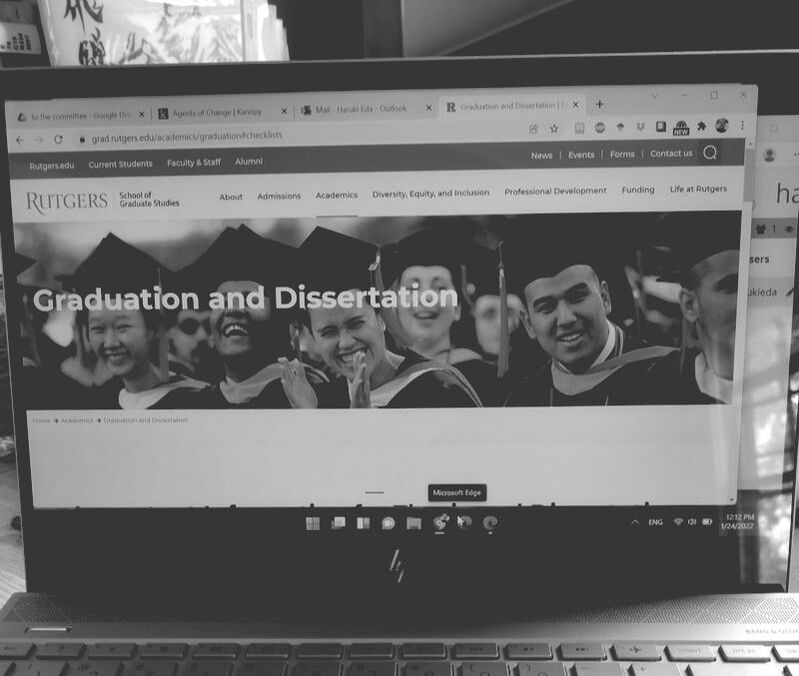|
Military tension engulfing the Korean Peninsula has reached a new phase after the collapse of the USSR, as North Korea began to acquire nuclear capabilities and South Korea became further entrenched in neoliberalism. Despite global attention to the shifting political dynamics in Northeast Asia, few empirical accounts exist of the growing transnational efforts by ethnic Koreans to achieve peaceful unification of Korea. Led by women and queer folks, the Korean diaspora's radical community formations illuminate how geopolitics and embodied experiences shape one another. Responding to genocidal hauntings through storytelling, commemoration, and placemaking, diasporic Koreans – Korean Americans, transnational adoptees, and Zainichi Koreans (Koreans in/from Japan) – are coming together to unleash the power of their divergent ethnic identities into insurgent solidarity. Confronting structural oppression and cultural alienation underpinning the homeland division, the Korean organizers cultivate queer diasporic kinship beyond liberal logics of subjectivity and territoriality. Vital and spiritual, their practices of space, time, and sacredness animate a cross-generational process of geopolitical healing, through which tongil, or the unification struggle, is redesigned and performed as decolonial sovereignty across the Pacific. Based on more than a decade of ethnographic involvement, Queer Unification: Community and Healing in the Korean Diaspora documents, explains, and aids the collective production of such geopolitical knowledge by those diasporic Koreans, who articulate their embodied agency toward survival and belonging in the age of fire.
1 Comment
My defense date is set! It's a public event, and I'd love to have you witness it. "Queer Korean Diaspora: An Ethnography of Geopolitics" Tuesday, March 1st, 2022 12:00pm - 2:00pm Eastern Standard Time Stay connected to get the Zoom link. You can read the whole thing (200 pages!) in the PDF below -- I'd appreciate any thoughts and questions, during the defense and/or separately. Abstract Limited empirical research exists on social movements among overseas Koreans, whose divergent experiences of migration and identity complicate the dynamics of ethnic solidarity. Besides the prolonged Cold War ideological division, Korean communities in Japan and the United States face alienation rooted in racial subordination and heteropatriarchal norms. In major U.S. cities, diverse Korean subjects gravitate towards grassroots organizing, including transnational adoptees, Zainichi Koreans (Koreans in/from Japan), and queer-identified individuals. Existing sociological theory does not adequately explain the agency of such community organizers who negotiate differences and inequalities while seeking ethnic solidarity. I use the concept of queer diaspora to examine how geopolitical structures and discourses shape the embodied dimension of Korean ethnic community formation. I conduct ethnography of transnational Korean community organizing based on five years of observation from 2015 until 2020 in New York and San Francisco, including 25 in-depth interviews and archival research with five U.S.-based organizations. My analysis shows how the organizers cultivate queer diasporic kinship by centering their alternative sense of place, time, and belonging. Their embodied practices animate ethnic community solidarity through what I call geopolitical healing, a process of articulating the sacredness of life and land. As a counter-hegemonic mode of ethnic mobilization, the queer Korean diaspora challenges liberal interpretations of sovereignty and nationhood that underscore the dominant discourse of Korean unification. Engaging with the literature on nationalism, social movements, and queer migration, my research draws attention to the spiritual realm of social life that manifest in a cultural ecology of spaces, bodies, and meanings. Table of Contents Introduction: Queering Tongil Chapter 1: Geopolitics of Alienation Chapter 2: Diasporic Conjuring Chapter 3: Queer Korean Tenacity Chapter 4: Sovereign Offerings Conclusion: Geopolitical Healing
|
AuthorHaruki reflects on research, career, pedagogy, and community. ArchivesCategories |
||||||

 RSS Feed
RSS Feed
